I should really be able to identify with James Freeman, the protagonist of director Raz Degan’s ayahuasca documentary The Last Shaman, but I just can’t. We’re both privileged, well-educated white males that availed ourselves of unconventional options after standard treatments for clinical depression fell short, so one would assume I’d find his journey sympathetic. But where our paths diverge is in Freeman’s erroneous presumption that massive doses of entheogens will provide the quick-fix that modern psychopharmaceuticals could not, while I concluded that my problem was me and that the only solution was a long-term process of psychoanalysis and self-improvement. To each his own, I guess.
I’m not substantially older than Freeman, but I harbor a deep antipathy for many of the defining hallmarks of what has come to be called the “Millenial” generation. Not that Gen X-ers are much more palatable, mind you, but I’ve always found the level of pretension and self-absorption that characterizes most current twenty and early-thirtysomethings particularly distasteful. Freeman’s participation in the tourist industry that has arisen in the wake of ayahuasca’s increasing social prominence is contributing to a growing threat faced by practitioners of traditional native healing techniques and the indigenous cultures in which they operate — a danger he acknowledges while failing to recognize his own role as part of the problem.
Perhaps even more unpalatable than Freeman’s inflated sense of self-importance is director Degan’s propensity for over-stylization, a quality ill-befitting a documentarian. Many of Degan’s scenes are clearly choreographed rather than captured, and he inserts hallucinatory sequences most likely intended to evoke Ken Russel’s Altered States, but which more closely align with the episode of South Park in which the boys trip on cough syrup while trying to come up with story ideas for their school news show. Degan’s lack of objectivity as a documntarian, coupled with his beatifully rendered but structurally irrelevant shots of Freeman drifting down Amazonian tributaries in native canoes, result in a film that feels more like a travelogue advertising ayahausca tourism than a documentary about depression — and by the time he gets to Freeman’s contrived and obligatory happy ending, the filmmaker’s strained seriousness is overshadowed by his diminished credibility.
While I recognize and advocate for the validity of hallucinogens as a potentially effective treatment for clinical depression, the pat justifications and tone-deaf oversimplification espoused by Freeman and Degan are likely to do more harm than good. Describing his depressive symptoms early in the film, Freeman explains: “You hate yourself, and you hate yourself for hating so much.” While I certainly understand this particular vicious cycle of negativity, it occurs to me that he may have been hating himself for all the wrong reasons. Depression is a disease that’s not so much cured as managed, and I sincerely hope that I wasn’t as insufferably narcissistic as Freeman when I was in the throes of self-loathing and suicidal ideation that my struggles entailed. In all fairness to Mr. Freeman, I’m sure that I was (and depending on who you ask, may still be), but at least I never made a movie about it. Not Rated. Opens Friday at Fine Arts Theatre.



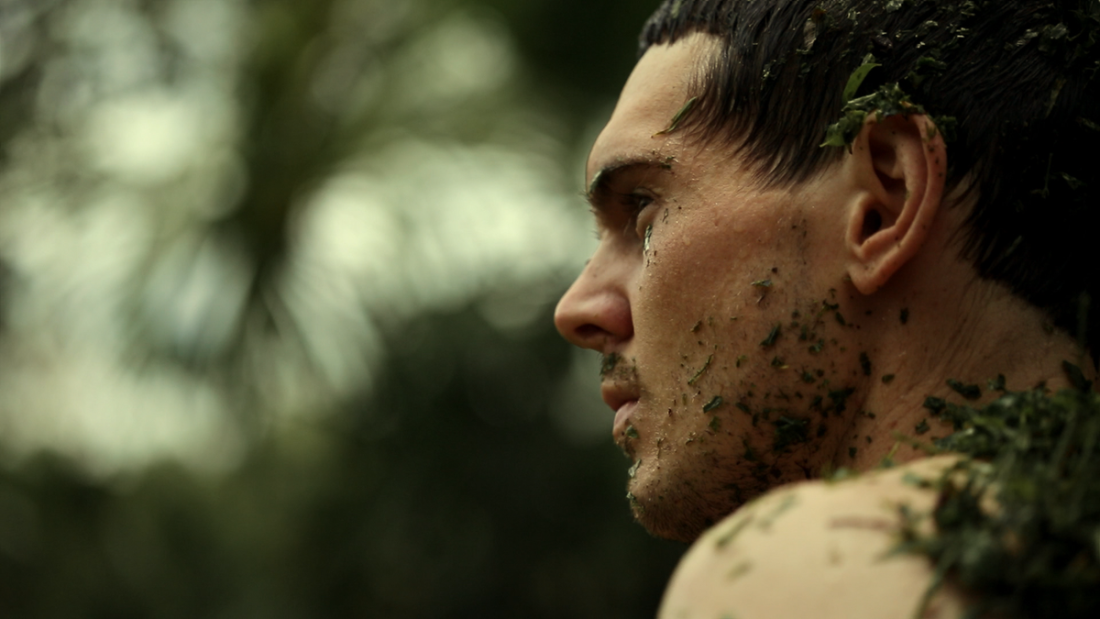
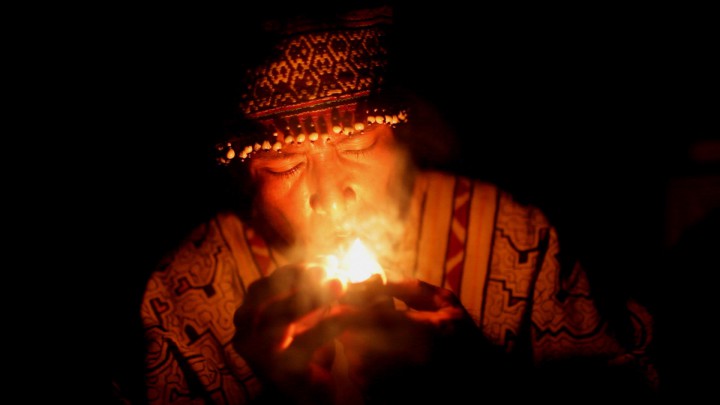
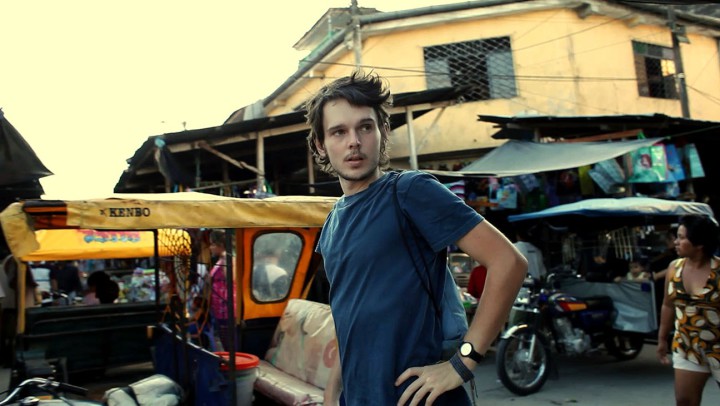
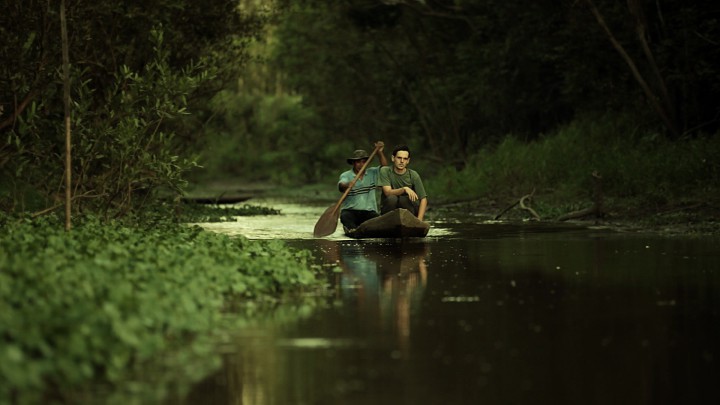
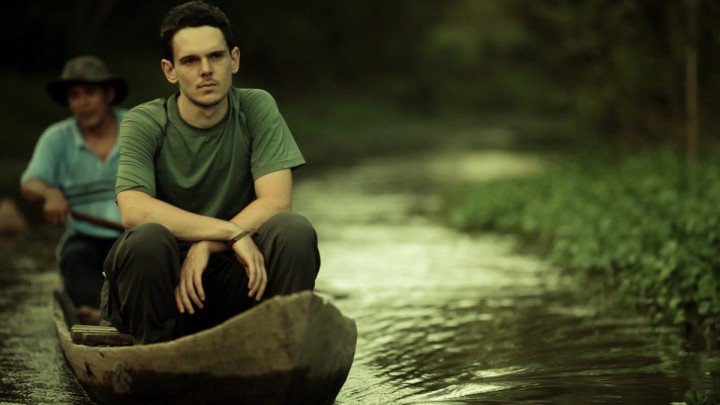
Before you comment
The comments section is here to provide a platform for civil dialogue on the issues we face together as a local community. Xpress is committed to offering this platform for all voices, but when the tone of the discussion gets nasty or strays off topic, we believe many people choose not to participate. Xpress editors are determined to moderate comments to ensure a constructive interchange is maintained. All comments judged not to be in keeping with the spirit of civil discourse will be removed and repeat violators will be banned. See here for our terms of service. Thank you for being part of this effort to promote respectful discussion.